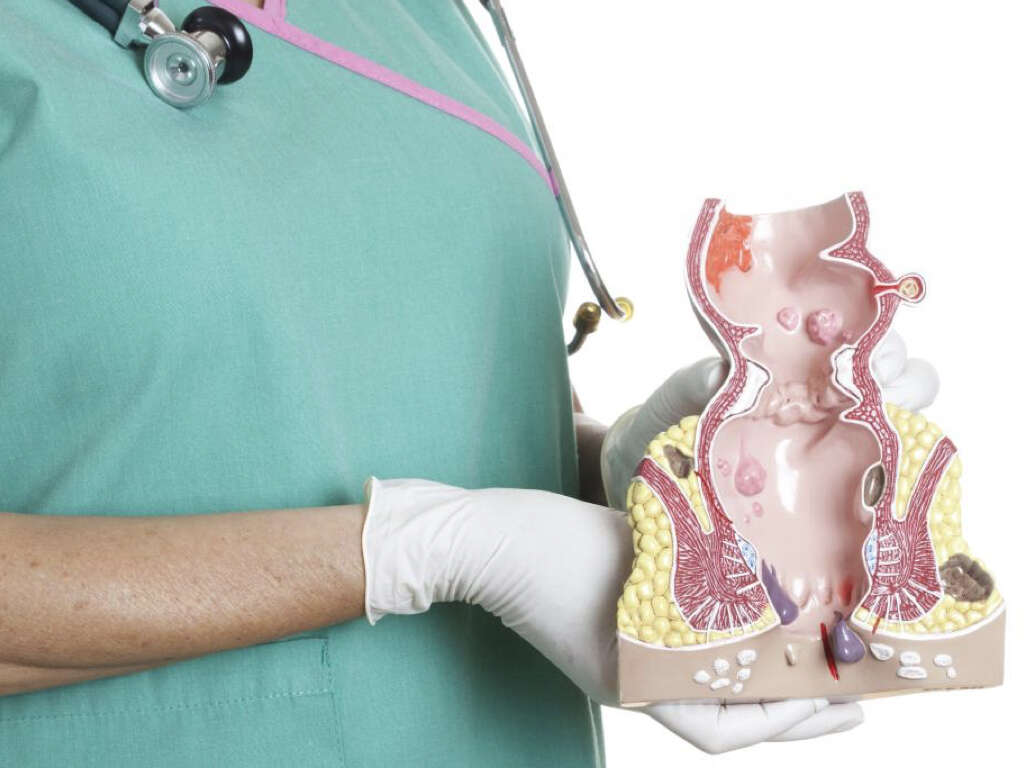What Is Travelers Diarrhea?
It is not uncommon for people to fall ill when they are travelling. There are various types of ailments we can encounter, and stomach problems are perhaps the most common. Indeed, people are often given lots of advice on avoiding stomach problems when they are preparing to travel to other parts of the world.
There are different reasons why people can fall ill, but most of them are likely to be caused by being exposed to lower hygiene standards than usual. Regardless, it is important that you get medical attention if you are particularly sick, and don’t forget to make sure you have insurance.
1. Traveler’s Diarrhea
Traveler’s diarrhea is a condition that can cause some discomfort for the patient, but it is unlikely to be dangerous for them. It will be enough to ruin the patient’s vacation in many cases, however. It is also a fairly common condition that many people will experience when they travel to different parts of the world.
Traveler’s diarrhea is avoidable in many cases if only people took sufficient precautions. It is also relatively easy to treat and the patient will usually make a full recovery in a few days or so. It will be dangerous in a small number of cases, however, so the condition should never be treated with complacency.
2. Causes
There are different possible causes for traveler’s diarrhea. In some cases, it is simply the case of the patient’s digestive system not being able to adjust to a new diet. This is particularly the case among people that are travelling to parts of the world where the cuisine tends to be rich in spices.
In most cases, however, traveler’s diarrhea is caused by a pathogen of sorts. These are usually contracted by consuming contaminated food and water. Travelers tend to be affected more so than the locals because their immune system has not yet developed an immunity to these pathogens.

3. Mild Symptoms
The symptoms of traveler’s diarrhea are likely to be relatively mild, and the condition will usually last for just a week or so at the most. However, it is possible for a person to develop traveler’s diarrhea more than once; even on the same trip. When symptoms do show, they will typically include abdominal cramps.
In addition, the patient will experience times when they have a sudden and urgent need to defecate. They are also likely to have loose, watery stools. Nausea and vomiting are also potential symptoms and, depending on the underlying cause, the patient may also have a fever.
4. Severe Symptoms
While traveler’s diarrhea is usually only mild, it can still become serious in some cases. In a small number of cases, the condition can be caused by a potentially dangerous infection. Signs of such an infection include blood in the patient’s stools and/or vomit. This should encourage the patient to see a doctor as soon as possible.
The patient should also see a doctor if their diarrhea and vomiting is severe, and if they have a particularly high fever. Severe pain in the abdomen is another reason to see a doctor. You should also see a doctor if the illness appears to be lingering for too long.

5. Complications
The more severe cases can mean the patient is persistently vomiting and passing watery stools. This means that they will be ejecting a lot of fluids from their body before they can be absorbed. It will also mean that the patient will be losing a lot of minerals, including salt.
These factors can cause the patient to become very hydrated, and this can cause some very serious problems. Severe dehydration can lead to complications like organ damage and it can even cause the patient to go into a coma. Patient’s with any medical condition should be sure to stay hydrated, and vulnerable people should be monitored closely.
6. Geographical Risk Factors
As the name suggests, traveler’s diarrhea usually happens in people that are travelling to other parts of the world. These tend to be developing countries where hygiene standards are lower than you would usually find in developed nations. However, there is still a risk wherever you are so it is always wise to take reasonable precautions.
The highest risk parts of the world include Africa, Asia, the Middle East, Mexico, South America, and Central America. Note that these regions can also harbor other potentially serious health risks, and travelers should enquire about vaccinations and other medication in plenty of time before they travel,

7. Other Risk factors
In addition to geographical location, there are other factors that put people at a higher risk of traveler’s diarrhea. This includes people with diabetes, and also people that have a weakened immune system. Travelling at certain times of the year can also increase your risk of catching the disease.
Other people at a higher risk include those that take antacids or acid blockers. Younger people are also at a higher risk. This may be down to young people being likely to be less cautious, and it may also be that they have not developed immunity as well as older people have.
8. Prevention
Your chances of contracting traveler’s diarrhea can be significantly reduced by taking certain precautions. For some people, it means avoiding certain foods that are likely to cause an upset stomach. Prevention also includes being careful to keep clear of water contaminated by pathogens.
When travelling in high risk areas, avoid drinking water that has not been sterilized. You should also avoid food from street vendors, and avoid shellfish and any food meat that is undercooked. Also try and avoid swimming in water that might be contaminated, and try and avoid sharing cutlery and other items with other people. You should also wash your hands regularly.

9. Dehydration Prevention
As mentioned, traveler’s diarrhea causes a potential threat of severe dehydration. Thus, if somebody is sick, precautions should be taken to help prevent them from becoming dehydrated. One obvious method is to make sure the patient is taking on plenty of fluids.
If the patient does become dehydrated, it will also be necessary for them to replace lost minerals. This can be achieved with help from oral rehydration salts that are readily available in most locations. Note that these are not to be used as long term medication, and the patient should be found medical assistance if their symptoms persist.
10. Treatment
In most cases, traveler’s diarrhea will improve in just a few days or so without the need for any medication. Regardless, it is important that the patient remains hydrated throughout their illness. Caffeine and dairy should be avoided because these can cause the patient to become even more dehydrated. Medication will likely be required in the more severe cases, however.
This can include medications that will help to prevent muscle spasms, while medication is also available that will help to reduce the frequency of passing stools. Antibiotics will also sometimes be prescribed depending on the underlying cause of the condition.











